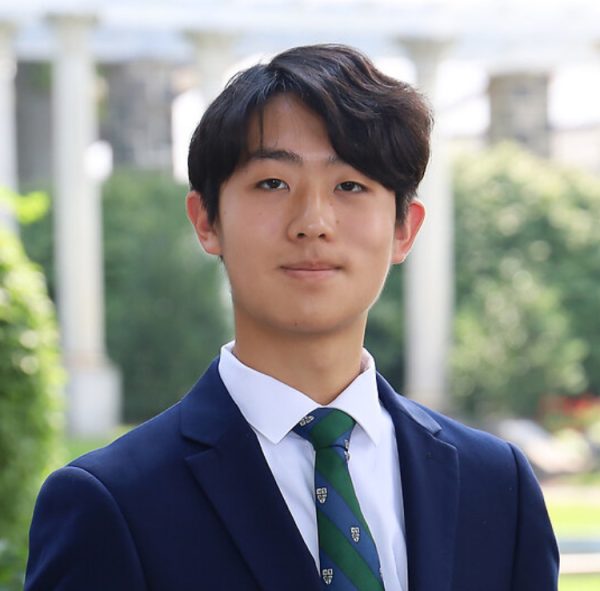Recently, a new drug made of human bones has caused the president of Sierra Leone to declare a state of emergency. “Kush”, also known as “K2”, is a form of cannabis (marijuana) that has recently begun to take hold of the Sierra Leone population. While quite popular in the US from 2010-11, it has been especially dangerous in Sierra Leone due to its low cost. One rumored ingredient is human bones, resulting in grave robberies and subsequent increased police security at cemeteries. The low cost and easy access to materials has made kush appealing to those in Sierra Leone who are impoverished.
The drug has taken hold of not just the poor, however. Even the middle and wealthy classes of Sierra Leone suffer from addiction. Despite its low cost, it is highly addictive, forcing citizens to continually return to the drug. As a depressant, kush enables people to release stress and at least temporarily, forget about their issues, such as lack of work, anxiety and depression. Symptoms include a weakened immune system, breathing, liver, and kidney issues, as well as the development of sores. Kush use has also spread to Sierra Leone’s neighbors, Liberia and Guinea, as well.
In response, President Julius Maada Bio has marked this issue as a national emergency, urging people to stop using the drug. He also established a National Task Force on Drugs and Substance Abuse. In combination with his “Operation Zero Tolerance” from earlier this year, which was spearheaded by police forces and other authorities and targeted dealers and buyers, he aims to cure this illness plaguing his country.
In the meantime, victims of the drug have flooded the Sierra Leone Psychiatric Hospital, the only mental health institution in the country. The center has announced that since 2020, the number of kush-related cases has multiplied by a factor of about 40. Currently, the number of cases related to kush consists of around 60-70% of all admitted patients.
So far, not much international intervention has occurred. Partners in Health, a nonprofit based in the US, has been providing funding for the Sierra Leone Psychiatric Hospital and other national health organizations. The United Nations and World Health Organization have also sent representatives to speak to the youth in Sierra Leone to combat the substance abuse.With a lack of funding and support however, it will be difficult for Sierra Leone to recover from this widespread addiction.
